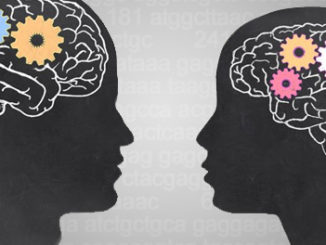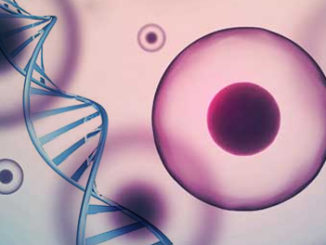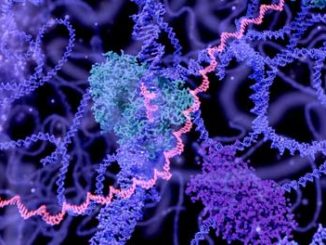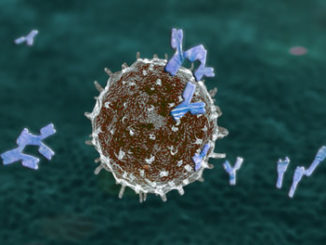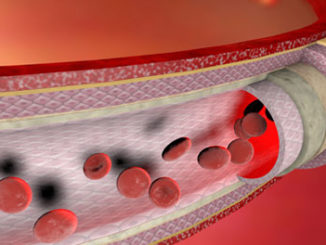DNA Methylation and ‘Bad Karma’ To Blame for Oil Palm Trees’ Useless Fruit
“Bad karma” and epigenetics are to blame for the spoiling of tens of thousands of young oil palms grown at large plantations in Southeast Asia, particularly Malaysia, according to a group of researchers at the Cold Spring Harbor Laboratory. Not only have millions of dollars been wasted on these plants, also known as African oil palm or Elaeis guineensis, but the tropical environment has suffered as a result of some faulty epigenetic machinery. Researchers utilized bisulfite conversion and microarrays to [more…]







